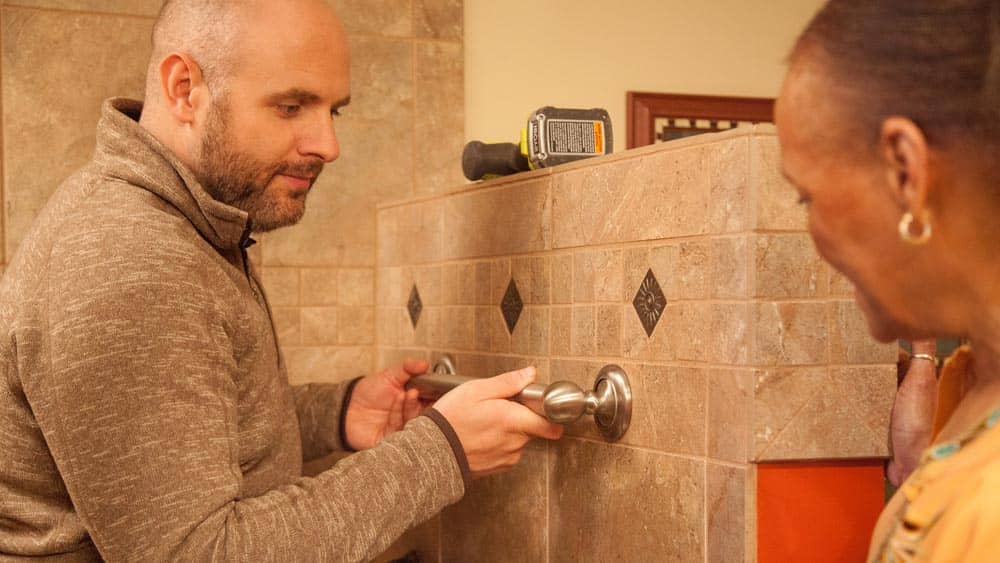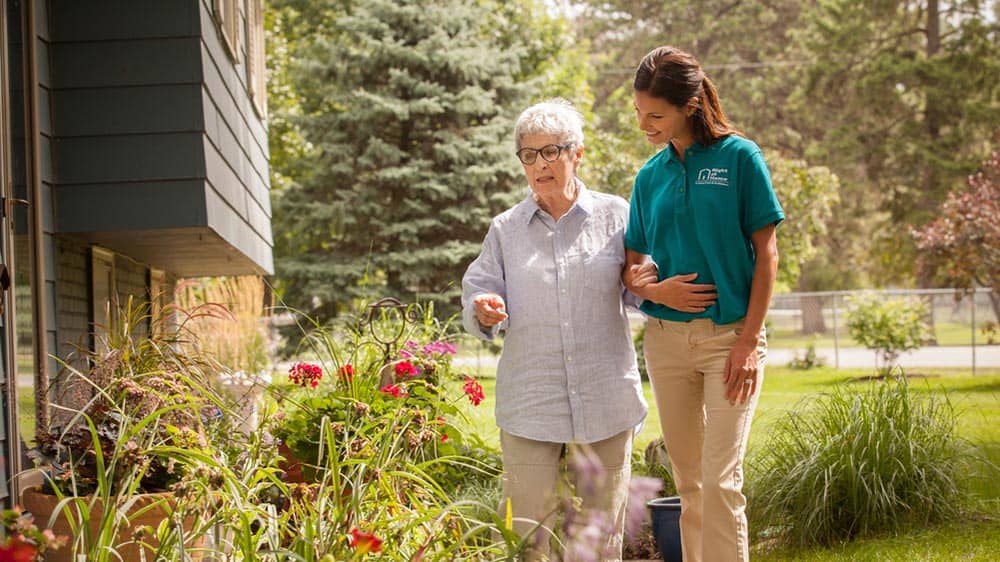

Hurricane Season Reminds Us To Prepare for Natural Disasters
As hurricane season begins in early July, it reminds us that natural disasters can strike anywhere in the United States. From hurricanes along the Gulf and East Coasts to tornadoes in the Midwest, wildfires in the West, and flooding in many parts of the country, each region faces its own challenges.
Wherever you live, preparedness is key to navigating emergencies. This is especially true for older adults, who may have special considerations to keep in mind. Here’s a comprehensive checklist to help you prepare for natural disasters.
Emergency Preparedness Checklist
1. Stay Informed
- Monitor alerts: Sign up for local emergency alerts and tune in to NOAA Weather Radio.
- Know your risks: Understand the common natural disasters in your area and familiarize yourself with their warning signs.
2. Create a Communication Plan
- Family contacts: Designate a family member or friend as a central point of contact.
- Out-of-area contact: Have an out-of-area contact who can relay information if local lines are down.
- Meeting points: Set two meeting points: one near your home and one outside your immediate neighborhood.
3. Build an Emergency Kit
- Essentials: Include water (one gallon per person per day), nonperishable food, first aid supplies, medications, and personal hygiene items.
- Tools and supplies: Have a flashlight, extra batteries, whistle, multitool, and dust masks.
- Important documents: Store identification, insurance papers, medical records, and family photos in a waterproof container.
- Clothing and bedding: Pack warm blankets, clothing for each family member, and rain gear.
- For older adults:
- Include extra mobility aids, hearing aids, and visual aids.
- Ensure there’s an ample supply of necessary medications and medical devices.
- Include emergency contact information for health care providers.
4. Secure Your Home
- Tornado or hurricane: Reinforce doors and windows, clear gutters, and secure loose outdoor items.
- Wildfire: Create defensible space by clearing flammable vegetation near your home. Store wood piles away from your home.
- Flood: Elevate utilities and ensure sump pumps are working. Consider flood insurance if you’re in a high-risk area.
5. Plan for Evacuation
- Know your routes: Learn the evacuation routes and plan multiple exit strategies.
- Transportation: Arrange transport for your household and pets, keeping fuel tanks full.
- Shelters: Locate nearby shelters and ensure they’re accessible and pet-friendly if needed.
- For older adults:
- Coordinate with local services to find accessible transportation options.
- Reach out to neighbors, family, or local community centers for support.
6. Take Care of Special Needs
- Medical supplies: Keep a backup supply of prescription medications.
- Assistance devices: Have extra batteries and portable chargers for medical devices and mobility aids.
- Pets: Prepare a pet emergency kit with food, water, and identification.
- For older adults:
- Store mobility and assistance devices in an accessible place.
- Arrange for specialized care or assistance if necessary.
7. Practice, Practice, Practice
- Drills: Conduct regular drills to ensure everyone knows the emergency plan.
- Review: Periodically revisit and revise your plan as needed.
- For older adults:
- Familiarize yourself with how to operate safety devices like alarms and flashlights.
- Practice evacuation with caregivers or family members.
Stay Safe, Stay Ready
Natural disasters are unpredictable, but being prepared makes a big difference, particularly for older adults. With a comprehensive emergency plan, special considerations for seniors, and the right supplies on hand, you’ll be equipped to handle whatever nature throws your way. Stay safe, stay ready, and prioritize your unique needs when preparing for any natural disaster.
How Right at Home Can Help
Right at Home’s professional caregivers provide companionship and homemaking, personal care, and specialized services that help keep senior clients safe and comfortable and provide peace of mind for families. Use our location finder to contact your local Right at Home today and ask for a FREE in-home consultation.







